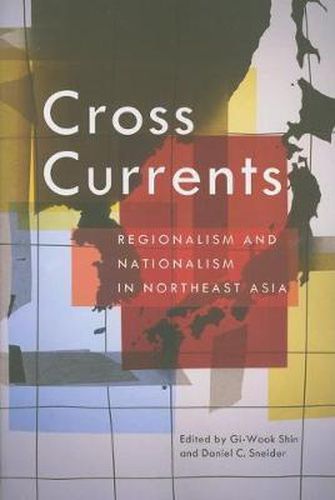Readings Newsletter
Become a Readings Member to make your shopping experience even easier.
Sign in or sign up for free!
You’re not far away from qualifying for FREE standard shipping within Australia
You’ve qualified for FREE standard shipping within Australia
The cart is loading…






Northeast Asia stands at a turning point in its history. The key economies of China, Japan, and South Korea are growing increasingly interdependent, and the movement toward regionalism is gaining momentum. Yet interdependency, often set in a global context, also spurs nationalism in all three countries, and elsewhere in East Asia. Northeast Asia today feels the presence of all three complex forces -national, regional, and global -connecting, competing, and colliding in myriad ways.
The authors of this book assess current interactions of national and regional forces in Northeast Asia, in the context of U.S. presence in the region. These seemingly contradictory forces must be considered together; the sparks they generate have important policy implications for the United States and for the region as a whole. Constructive reformulation of these interactions is one of Northeast Asia’s most pressing contemporary challenges.
$9.00 standard shipping within Australia
FREE standard shipping within Australia for orders over $100.00
Express & International shipping calculated at checkout
Northeast Asia stands at a turning point in its history. The key economies of China, Japan, and South Korea are growing increasingly interdependent, and the movement toward regionalism is gaining momentum. Yet interdependency, often set in a global context, also spurs nationalism in all three countries, and elsewhere in East Asia. Northeast Asia today feels the presence of all three complex forces -national, regional, and global -connecting, competing, and colliding in myriad ways.
The authors of this book assess current interactions of national and regional forces in Northeast Asia, in the context of U.S. presence in the region. These seemingly contradictory forces must be considered together; the sparks they generate have important policy implications for the United States and for the region as a whole. Constructive reformulation of these interactions is one of Northeast Asia’s most pressing contemporary challenges.